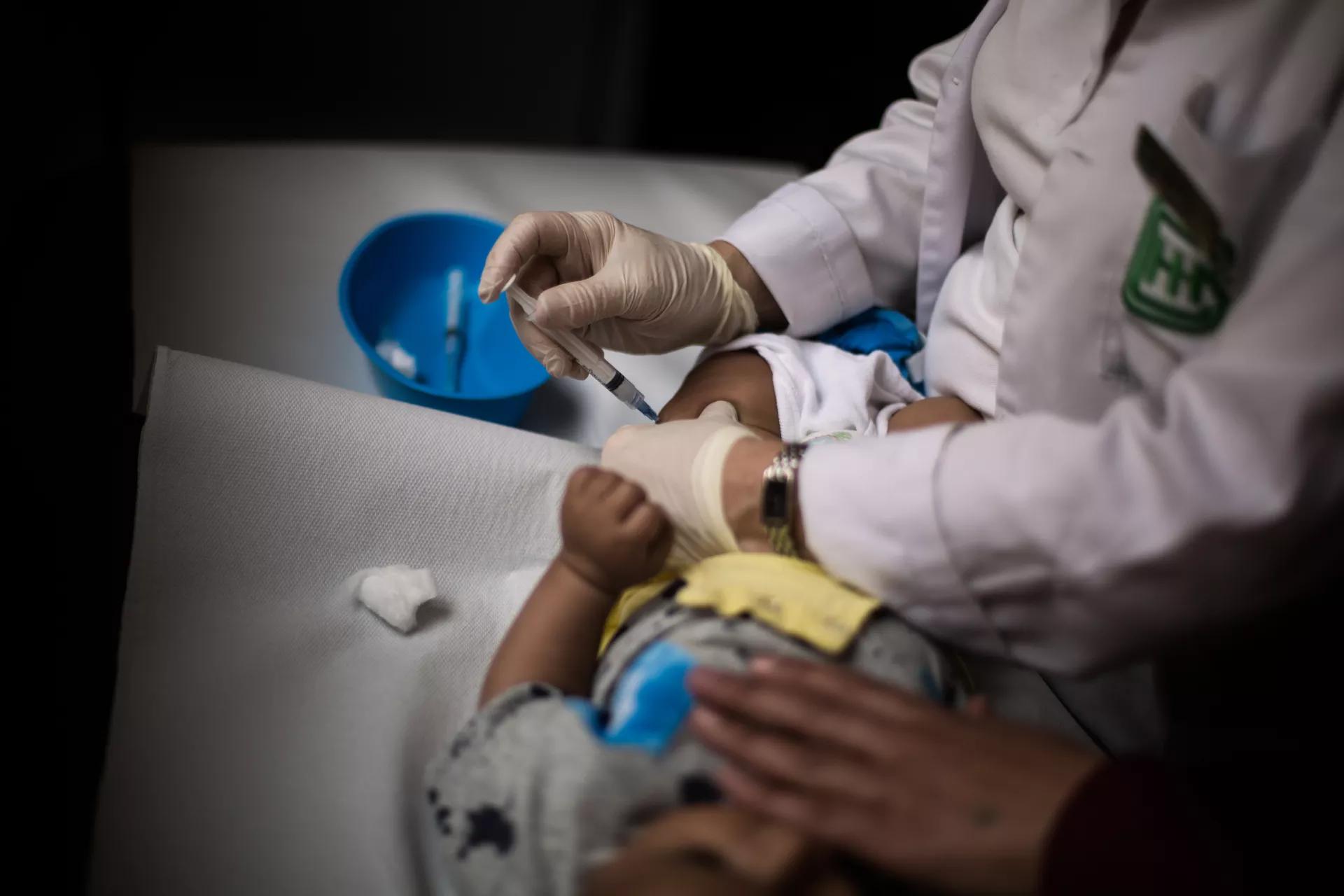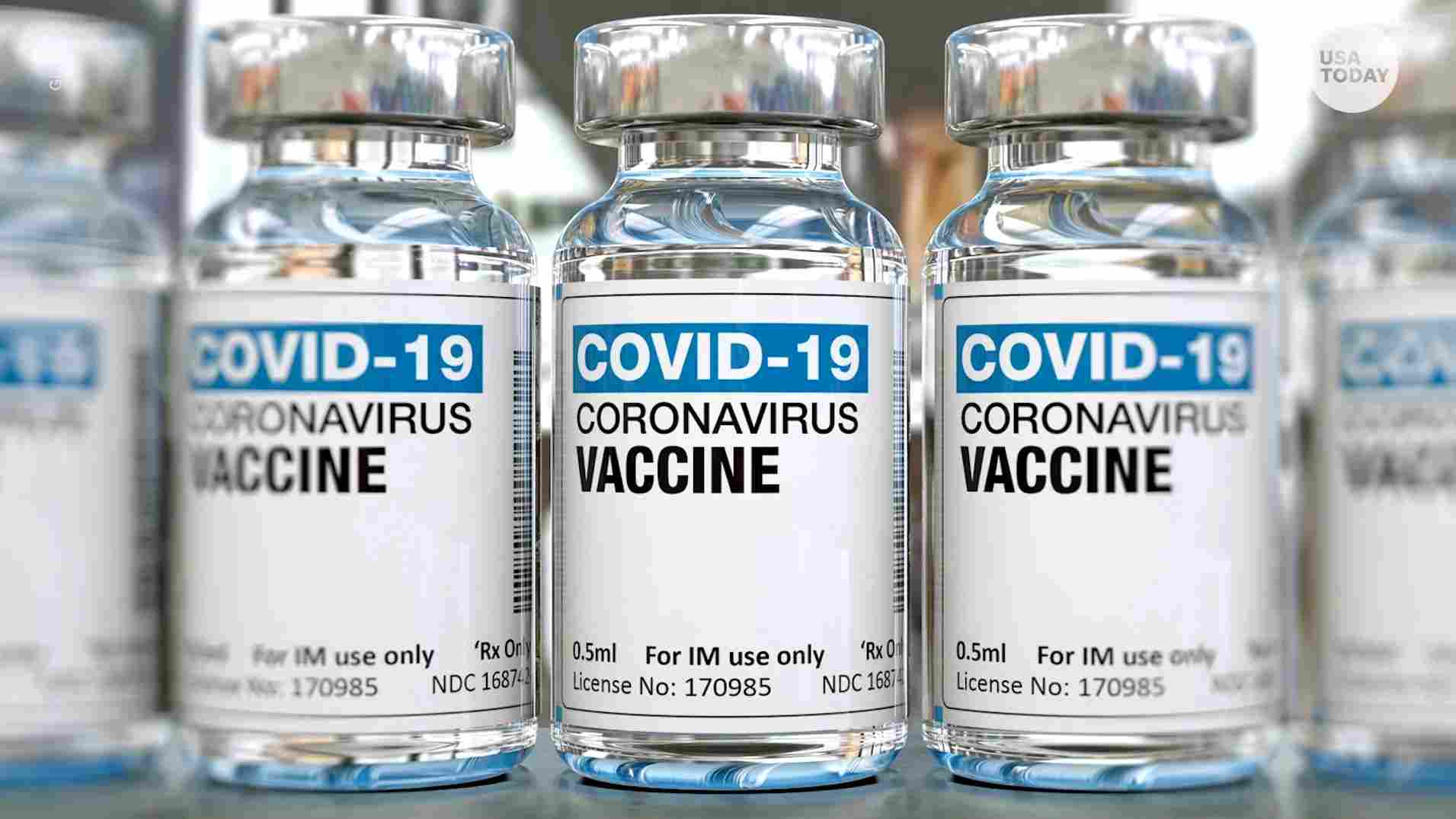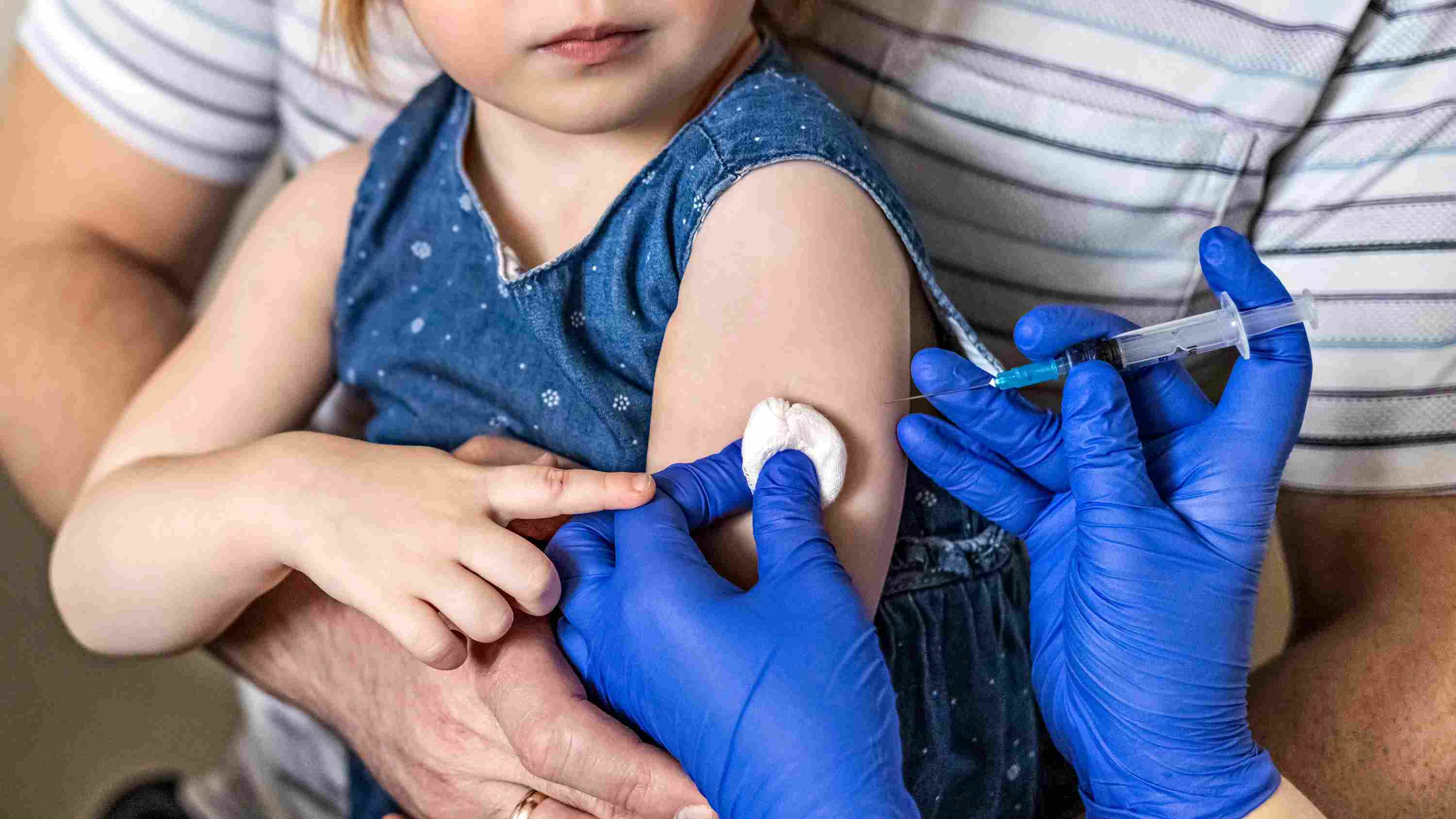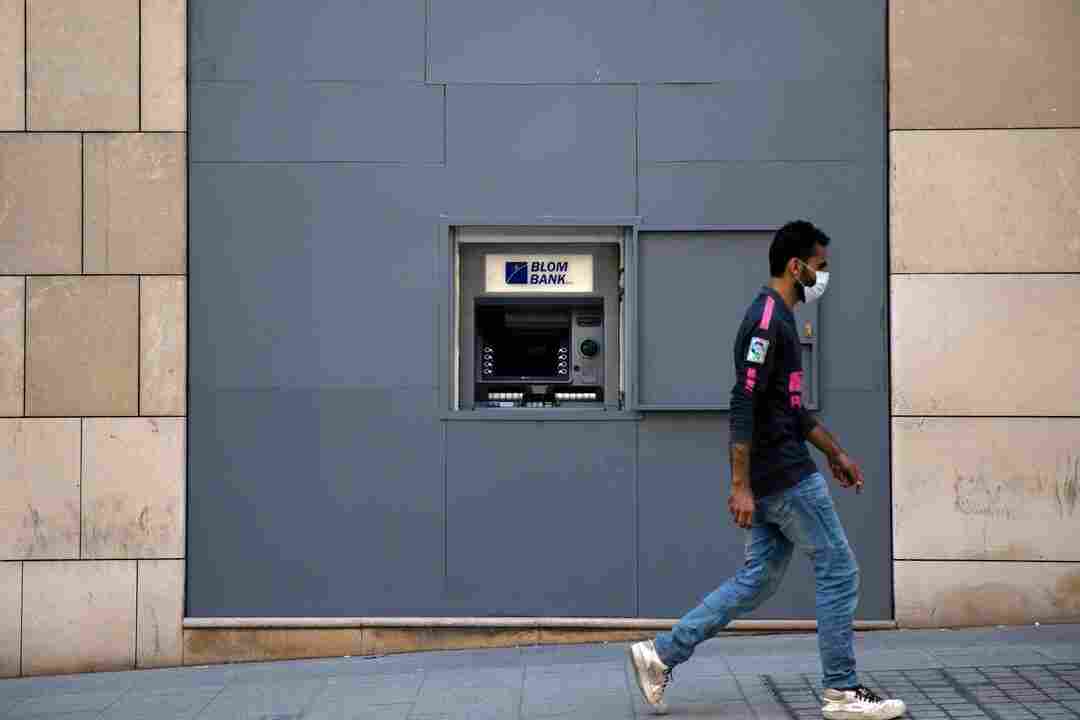
LEBANON (Enmaeya Features) - November 7, 2025
The World Health Organization’s (WHO) 2024 Vaccination Dashboard shows that Lebanon’s routine vaccination coverage for major antigens has decreased in recent years. If this pattern continues, it could signal a broader public health setback, putting the country at risk of outbreaks of diseases once largely under control.
But what’s behind this alarming decline, and what is the Ministry of Health doing to reverse this decline?
What Do the Numbers Say?
The WHO dashboard reveals a sharp drop in vaccination rates for several routine vaccines in Lebanon.
Data show a significant gap between initial and follow-up doses. For instance, coverage for the first dose of the diphtheria-tetanus-pertussis vaccine (DTP1) stands at 76%, while the third dose (DTP3) falls to about 55%.
This means roughly half of Lebanese children have not completed their full DTP vaccination course. According to the U.S Centers for Disease Control and Prevention, the DTP vaccine protects against diphtheria, tetanus, and pertussis (whooping cough), all serious bacterial diseases that are easily preventable through immunization.
A similar decline appears in the measles-containing vaccine (MCV1), where coverage has dropped from 82% in 2019 to 67% in 2024.
A UNICEF report from mid-2024 supports these findings, revealing that only 55% of children under one year old had received all their routine immunizations, according to L’Orient Today.
"We've noticed a rise in anti-vaccination sentiment both globally and in Lebanon," Dr. Alexandra El Khoury, Women and Family Health Specialist, told Enmaeya. "We are also seeing an increase in medical problems because some vaccines are no longer being administered."
Why Are Vaccination Rates Falling?
The drop in vaccination coverage can be attributed to a mix of economic, political, and social challenges that have weakened Lebanon’s healthcare system in recent years.
The country’s prolonged economic crisis has left many families unable to afford transportation or medical fees, even for supposedly free vaccination programs. Hospitals and healthcare centers have also struggled with shortages of vaccines and medical staff, disrupting routine immunization schedules.
Lebanon’s large refugee population adds another layer of complexity. Many children, especially those in informal settlements, lack access to healthcare or official documentation, making it difficult for health authorities to track vaccination records.
Adding to these challenges is a growing trend of vaccine hesitancy.
"Many people assume that vaccines are linked to various health issues, with autism often cited as a major concern, and some claim they cause mental or neurological problems," Dr. El Khoury said. "When reading an article about the impact of vaccines, it’s important to consider factors such as sample size and other variables."
"During a discussion with someone from the anti-vaccination community, I pointed out that one study involved a much larger group of vaccinated individuals compared to a smaller group of unvaccinated participants. Naturally, this discrepancy in sample size can make it appear that illnesses are more common among the vaccinated group," Dr. El Khoury explained.
This hesitancy has been exacerbated by the COVID-19 Pandemic. By the end of 2023, WHO data showed that only about one-third of Lebanon’s population had completed the full COVID-19 vaccination course. This mistrust has spilled over into routine immunization programs, eroding public willingness to vaccinate children against preventable diseases.
"Some people have reported memory loss after receiving the COVID-19 vaccine, but if you’ve contracted the virus, it is the infection, not the vaccine, that can affect memory." Dr El Khoury told Enmaeya.
"We've seen very few cases of cardiac complications linked to the COVID-19 vaccine. However, people need to understand that the COVID-19 vaccine is relatively new, while other vaccines have been in use for hundreds of years, so they cannot be directly compared." Dr. El Khoury said.
Additionally, weak data reporting and poor coordination between public and private health providers have made it difficult to plan effective vaccination campaigns.
Together, these challenges have created dangerous gaps in Lebanon’s immunization coverage, leaving a generation of children increasingly vulnerable.
What is the State Doing?
In response to the drop in vaccination coverage, Lebanon’s Ministry of Public Health (MoPH) has launched several initiatives to restore confidence and improve access.
According to MTV, in September 2025, the MoPH, in collaboration with the World Health Organization (WHO) and funded by the Partnership for Influenza Vaccine Introduction (PIVI), launched the 2025 National Influenza Vaccination Campaign at Rafik Hariri University Hospital.
Target groups include the elderly, children, pregnant women, people with chronic diseases, and healthcare workers.
The ministry has also deployed mobile vaccination teams to reach informal settlements and rural areas with limited healthcare access.
In partnership with the Lebanese Red Cross, Gavi, and the International Federation of Red Cross and Red Crescent Societies (IFRC), these mobile units have targeted more than 19,000 displaced and refugee children across regions such as Baalbek-Hermel, Akkar, and the Bekaa Valley.
Can Lebanon Reverse the Decline?
Lebanon’s vaccination gap can be reversed, but only with sustained government commitment, stable funding, and stronger community engagement.
Restoring public trust will require transparent communication, reliable vaccine supplies, and coordinated efforts between national and international partners.
For now, the decline in immunization rates remains a warning sign and a reminder that even as Lebanon faces political and economic turmoil, public health cannot wait.






